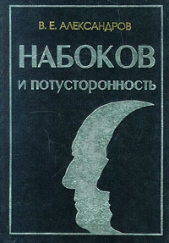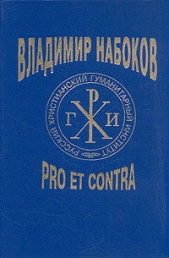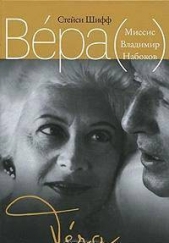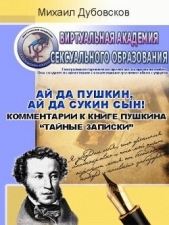Комментарии к «Евгению Онегину» Александра Пушкина

Комментарии к «Евгению Онегину» Александра Пушкина читать книгу онлайн
Комментарии В. В. Набокова освещают многообразие исторических, литературных и бытовых сторон романа. Книга является оригинальным произведением писателя в жанре научно-исторического комментария. Набоков обращается к «потаенным слоям» романа, прослеживает литературные влияния, связи «Евгения Онегина» с другими произведениями поэта, увлекательно повествует о тайнописи Пушкина.
Предназначена для широкого круга читателей и в первую очередь — для преподавателей и студентов гуманитарных вузов, а также для учителей и учащихся средней школы.
Внимание! Книга может содержать контент только для совершеннолетних. Для несовершеннолетних чтение данного контента СТРОГО ЗАПРЕЩЕНО! Если в книге присутствует наличие пропаганды ЛГБТ и другого, запрещенного контента - просьба написать на почту [email protected] для удаления материала
24. “This signifies,” remarks one of our critics, “that the urchins are skating.” Right. >>
26. August Lafontaine, author of numerous family novels. >>
27. See “First Snow,” a poem by Prince Vyazemski. >>
28. See the descriptions of the Finnish winter in Baratïnski's “Eda.” >>
The presage of a wedding; the first song foretells death. >>
30. In this manner one finds out the name of one's future fiancé. >>
31. Reviewers condemned the words hlop [clap], molv' [parle], and top [stamp] as indifferent neologisms. These words are fundamentally Russian. “Bova stepped out of the tent for some fresh air and heard in the open country the parle of man and the stamp of steed” (“The Tale of Bova the Prince”). Hlop and ship are used in plain-folk speech instead of hlópanie [clapping] and shipénie [hissing]:
One should not interfere with the freedom of our rich and beautiful language. >>
32. One of our critics, it would seem, finds in these lines an indecency incomprehensible to us. >>
33. Divinatory books in our country come out under the imprint of Martin Zadeck — a worthy person who never wrote divinatory books, as B. M. Fyodorov observes. >>
34. A parody of Lomonosov's well-known lines:
36. Our critics, faithful admirers of the fair sex, strongly blamed the indecorum of this verse. >>
37. Parisian restaurateur. >>
38. Griboedov's line. >>
39. A famous arms fabricator. >>
40. In the first edition Chapter Six ended in the following:
41. Lyovshin, author of numerous works on rural econ omy. >>
43. A simile borrowed from K., so well known for the playfulness of his fancy. K. related that, being one day sent as courier by Prince Potyomkin to the Empress, he drove so fast that his épée, one end of which stuck out of his carriage, rattled against the verstposts as along a palisade. >>
44. Rout [Eng.], an evening assembly without dances; means properly crowd [tolpa]. >>


























